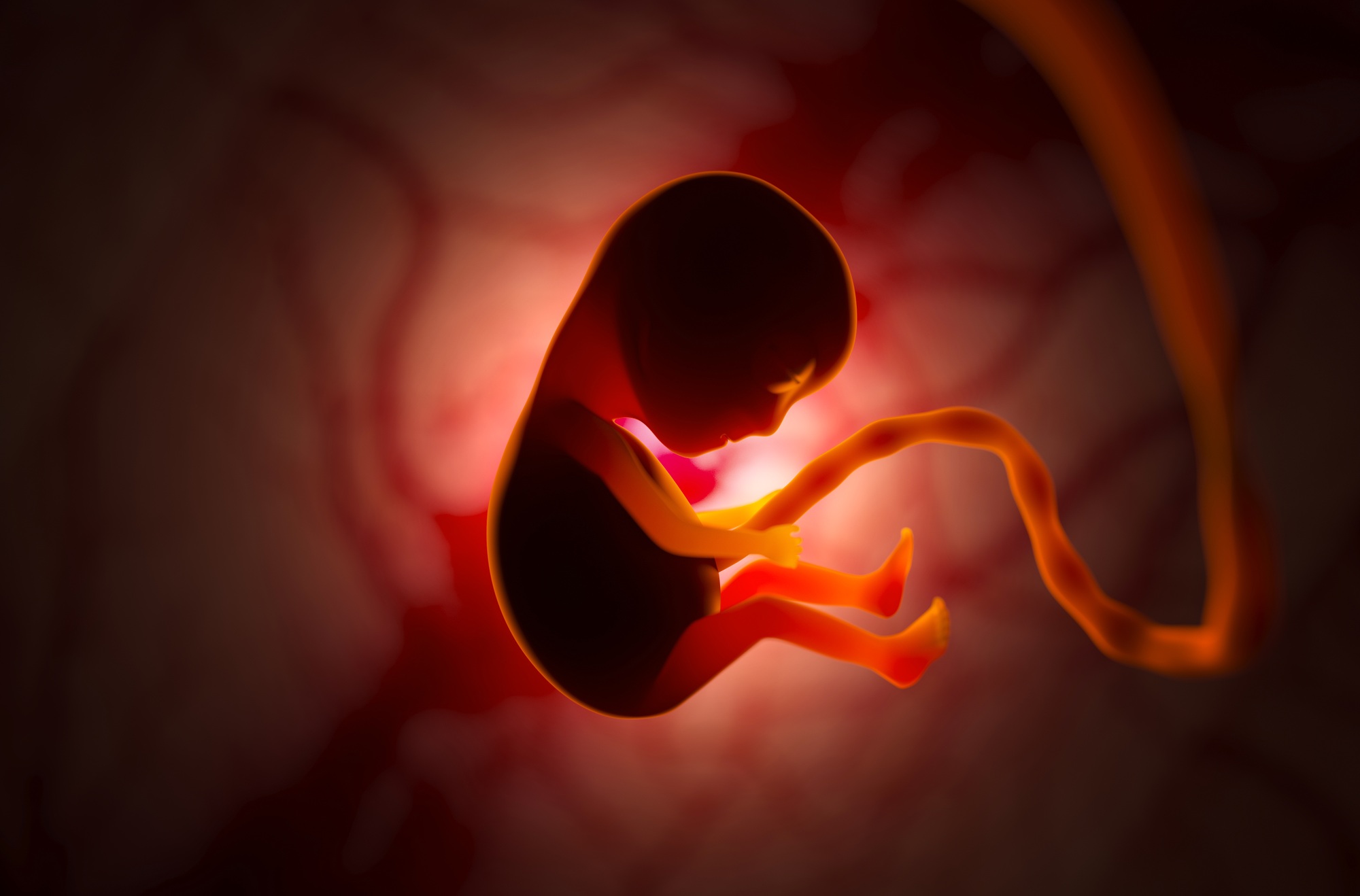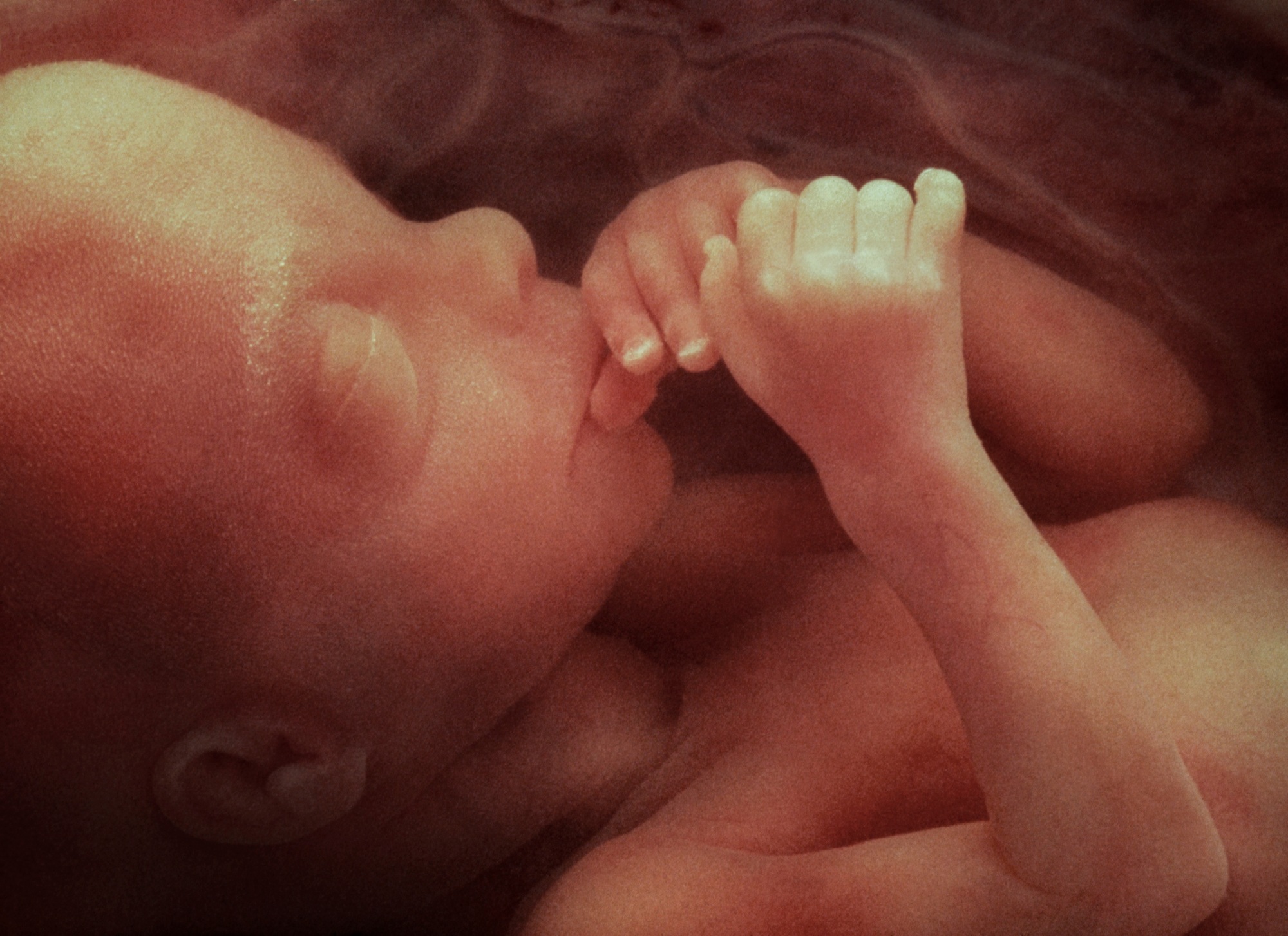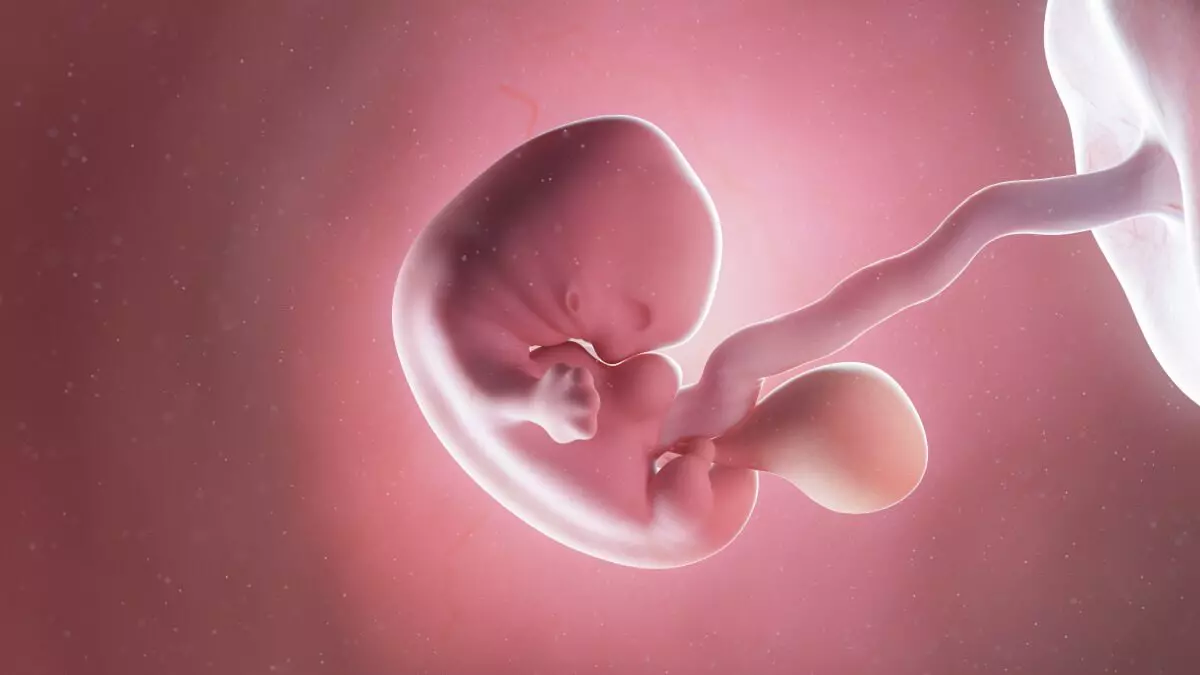
Abortion is a sensitive and complex topic that raises many questions, especially regarding its long-term effects on a woman’s reproductive health. One common concern is whether abortion can cause infertility. Women considering abortion or those who have undergone the procedure often worry about its potential impact on their ability to conceive in the future. This article explores the link between abortion and infertility, examining medical perspectives, risks, and ways to protect reproductive health.
Understanding Abortion and Its Types
Abortion is the medical termination of a pregnancy. It can be performed through different methods, depending on how far along the pregnancy is and the individual’s medical history. The two primary types of abortion are:
- Medical Abortion – This involves taking medications, such as mifepristone and misoprostol, to induce a miscarriage. It is typically performed within the first 10 weeks of pregnancy.
- Surgical Abortion – Procedures like suction aspiration, dilation and curettage (D&C), or dilation and evacuation (D&E) are performed to remove the pregnancy tissue from the uterus. These methods are used in different stages of pregnancy.
Potential Risks of Abortion on Fertility
While abortion is considered a safe medical procedure when performed by trained professionals, certain risks could impact future fertility. Some potential complications include:
- Infection – If an abortion is not performed under sterile conditions, or if post-procedure care is inadequate, an infection can develop in the uterus. Severe infections can lead to pelvic inflammatory disease (PID), which can cause scarring of the fallopian tubes and increase the risk of infertility.
- Cervical Damage – Surgical abortions that require dilation of the cervix can sometimes weaken it. In future pregnancies, a weakened cervix may lead to an increased risk of preterm birth or miscarriage.
- Uterine Scarring – A rare complication known as Asherman’s syndrome can occur if excessive scraping during a surgical abortion leads to scarring inside the uterus. This can make it difficult for a fertilized egg to implant properly, resulting in infertility or recurrent miscarriages.
- Hormonal Imbalance – While medical abortions do not directly impact fertility, some women may experience hormonal changes that temporarily affect ovulation and menstrual cycles.
Medical Research on Abortion and Infertility
Numerous studies have been conducted to determine if abortion has a significant effect on a woman’s fertility. Medical professionals agree that a properly performed abortion, without complications, does not generally cause infertility. However, certain factors may increase the risk:
- Multiple Abortions – Repeated abortions, especially surgical ones, may increase the likelihood of complications that could affect fertility.
- Unsafe Abortions – Abortions performed in unregulated settings by unqualified individuals pose significant risks, including infection, uterine damage, and even life-threatening complications.
- Preexisting Health Conditions – Women with preexisting conditions like endometriosis, polycystic ovary syndrome (PCOS), or untreated sexually transmitted infections (STIs) may already have fertility challenges, which could be worsened by abortion complications.
Protecting Fertility After an Abortion
If you have had an abortion and are concerned about your future fertility, there are steps you can take to protect your reproductive health:
- Seek Medical Care from Professionals – Always ensure that abortion procedures are performed by licensed medical professionals in a safe and regulated environment.
- Follow Aftercare Instructions – Proper post-abortion care, including monitoring for signs of infection and attending follow-up appointments, is essential.
- Practice Safe Sex – Using protection and getting regular STI screenings can help prevent infections that may lead to fertility issues.
- Maintain a Healthy Lifestyle – A balanced diet, regular exercise, and managing stress can support hormonal balance and reproductive health.
- Monitor Your Menstrual Cycle – Keeping track of your periods can help detect any irregularities that may indicate underlying fertility concerns.
When to See a Doctor
If you have had an abortion and experience any of the following symptoms, it is essential to seek medical attention:
- Unusual pain or cramping that does not go away
- Heavy or prolonged bleeding
- Fever, chills, or foul-smelling vaginal discharge (signs of infection)
- Irregular menstrual cycles for several months after the procedure
- Difficulty conceiving after a year of trying
Alternative Support for Unplanned Pregnancies
For women facing an unplanned pregnancy, it is important to know that abortion is not the only option. There are resources and support systems available, including:
- Parenting Support – Many organizations offer financial aid, housing assistance, and childcare support for mothers who choose to continue their pregnancies.
- Adoption Services – Adoption allows women who are not ready for motherhood to provide their child with a loving home.
- Counseling and Emotional Support – Speaking with a counselor or a support group can help women explore their options and make informed decisions.
Final Thoughts
Can abortion cause infertility? While abortion itself does not typically lead to infertility, complications such as infection, uterine scarring, or cervical damage can increase the risk. Women considering abortion should ensure that the procedure is performed safely and follow proper aftercare guidelines to protect their reproductive health.
If you are thinking about abortion and need someone to talk to, The Abortion Truth is here to provide support and counseling. You are not alone—reach out to us at wecare@theabortiontruth.org.










